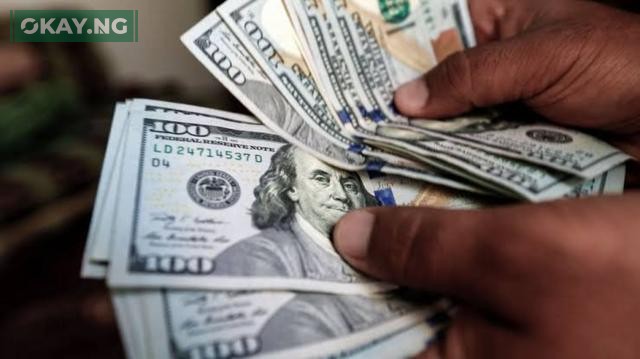The Central Bank of Nigeria (CBN) has announced a significant milestone in remittance inflows, with the country receiving $553 million in July 2024, representing a 130% increase compared to the same period in 2023.
This figure marks the highest monthly total inflows on record and reflects the CBN’s ongoing efforts to boost liquidity in Nigeria’s foreign exchange market.
In a statement released on Tuesday by the CBN’s Acting Director of Corporate Communications, Hakama Sidi Ali, the surge in remittance receipts is credited to several policy measures introduced by the apex bank aimed at enhancing the country’s foreign exchange liquidity.
These measures include the issuance of licenses to new International Money Transfer Operators (IMTOs), the implementation of a willing buyer-willing seller model, and ensuring timely access to naira liquidity for IMTOs.
“Diaspora remittances are a crucial source of foreign exchange for Nigeria, supplementing both foreign direct investment and portfolio investments,” the statement noted.
The CBN emphasized that these initiatives have played a pivotal role in the continued growth of remittance inflows, aligning with the institution’s goal of doubling formal remittance receipts within a year.
“The increase in remittances is a strong testament to the success of the CBN’s ongoing efforts to bolster public confidence in the foreign exchange market, strengthen a robust and inclusive banking system, and promote price stability, which is essential for sustained economic growth,” the statement added.
This development comes as recent data from the National Bureau of Statistics (NBS) revealed that Nigeria’s year-on-year headline inflation rate slowed in July 2024 for the first time in 19 months.
The CBN highlighted this as a clear indication that its monetary policy tightening measures are yielding positive results.
Looking ahead, the CBN expressed optimism that these measures will contribute to achieving broader objectives of maintaining stability in the foreign exchange market.
“The Bank will continue to monitor market conditions and adjust policies as necessary to enable greater remittance flows into Nigeria,” the statement concluded.









